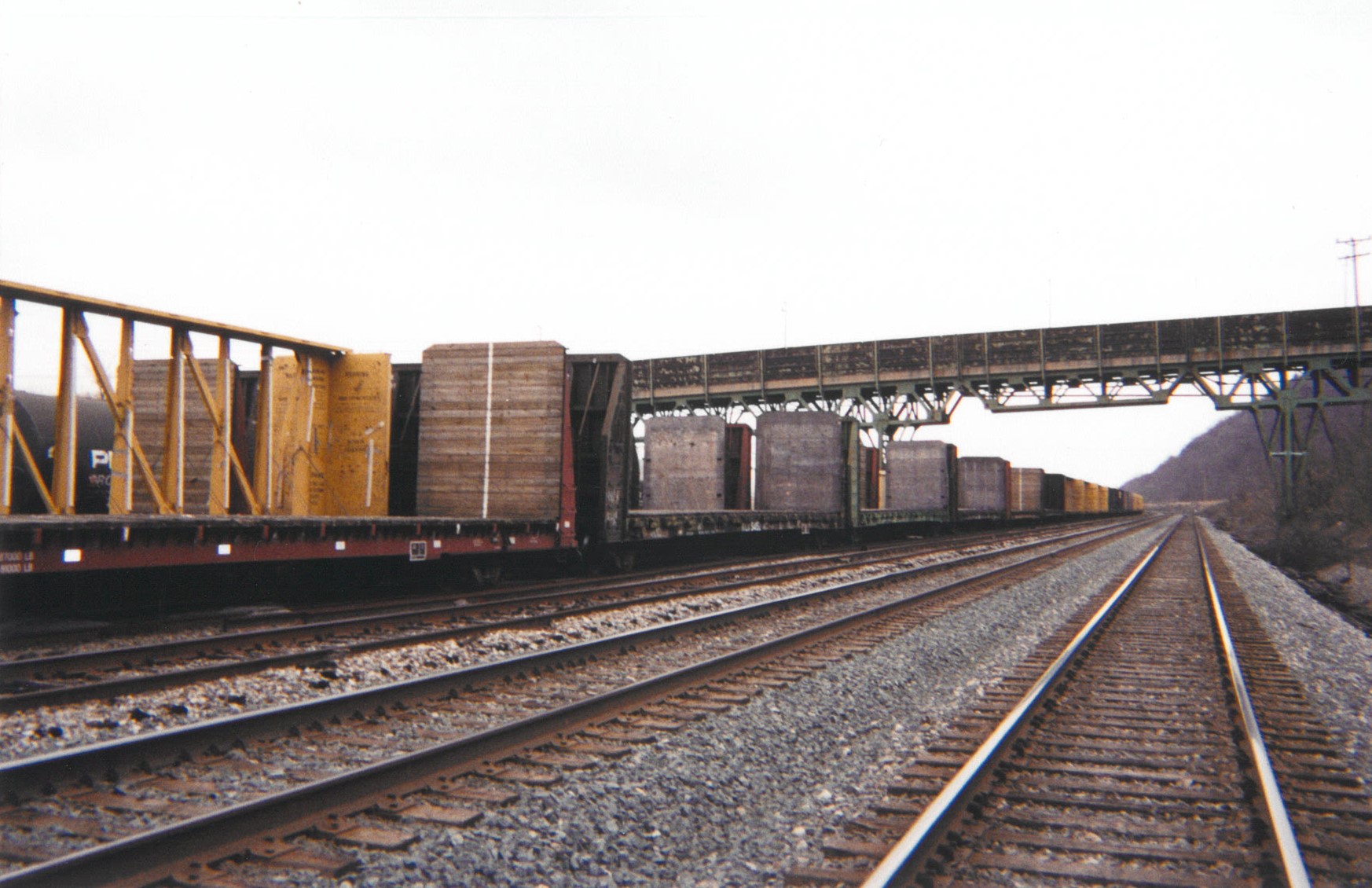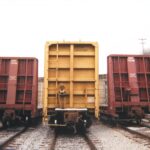
The Federal Employers’ Liability Act (FELA) is a federal law that protects injured railroad workers and helps ensure that they are provided a safe place to work. This blog highlights the different cases that the railroad injury lawyers at Doran and Murphy have recently worked on against railroads all over the country.

One common misunderstanding about the FELA is that it only covers workers who are still employed by the railroad at the time of their injury. That is not correct. The FELA also covers railroad retirees who develop an injury such as cancer or pulmonary fibrosis many years after retiring. Many of our cases involve workers with cancer, including:
- lung cancer
- throat cancer, usually of the esophagus or larynx
- bladder cancer
- colon cancer
- mesothelioma
- kidney cancer
- stomach cancer
- leukemia
- lymphoma, usually non-Hodgkins lymphoma.
These work-related cancers may not be diagnosed until decades after a worker’s last day of work for the railroad and long after any exposures to cancer-causing substances such as diesel exhaust, asbestos, creosote, silica/ballast dust, welding fumes, solvents, and chemicals stopped. A prior blog discussed the statute of limitations in FELA cases.
Under the FELA, a railroad is responsible for any “injury or death resulting in whole or in part from the negligence of…such carrier, or by reason of any defect or insufficiency, due to its negligence, in its cars, engines, appliances, machinery, track, roadbed, works…or other equipment.” The full text of the statute can be accessed here. Congress carefully chose this language and intended it to be general enough to cover ALL railroad workers who get injured IN ANY WAY as a result of the railroad’s failure to provide a safe workplace.
The following list provides some examples of the types of cases our railroad injury lawyers have worked on for rail workers all over the country:
- 24-year-old conductor who fell from a railroad car in a rail yard and sustained fractures to both feet/ankles
- 47-year-old track worker with a shoulder and neck injury due to using a sledgehammer to drive spikes into railroad ties
- 76-year-old retired engineer with lung cancer from diesel exhaust and asbestos exposure which was diagnosed 15 years after retiring from the railroad and 5 years after quitting smoking
- 44-year-old conductor with a shoulder injury sustained after operating a defective switch
- 54-year-old conductor with a neck injury requiring surgery after operating a handbrake that stopped suddenly
- 80-year-old diesel repair shop retiree diagnosed with bladder cancer from diesel exhaust and second-hand tobacco smoke from railroad workers
- 53-year-old engineer with a knee injury sustained after stepping in a hole in the ballast that he could not see while boarding his train in the middle of the night
- 56-year-old carman with leukemia due to exposure to benzene containing solvents/degreasers and diesel exhaust
- 43-year-old conductor and engineer with mesothelioma due to asbestos exposure from working on old switch engines
If you want to learn more about the FELA, please click here for details.
If you or a loved one have sustained an injury due to working on the railroad, contact the railroad injury lawyers at Doran and Murphy for a confidential consultation about your rights and the compensation you are entitled to. There is no risk to you or your family and we only get paid when you do! We can be reached at 1-800-374-2144.





